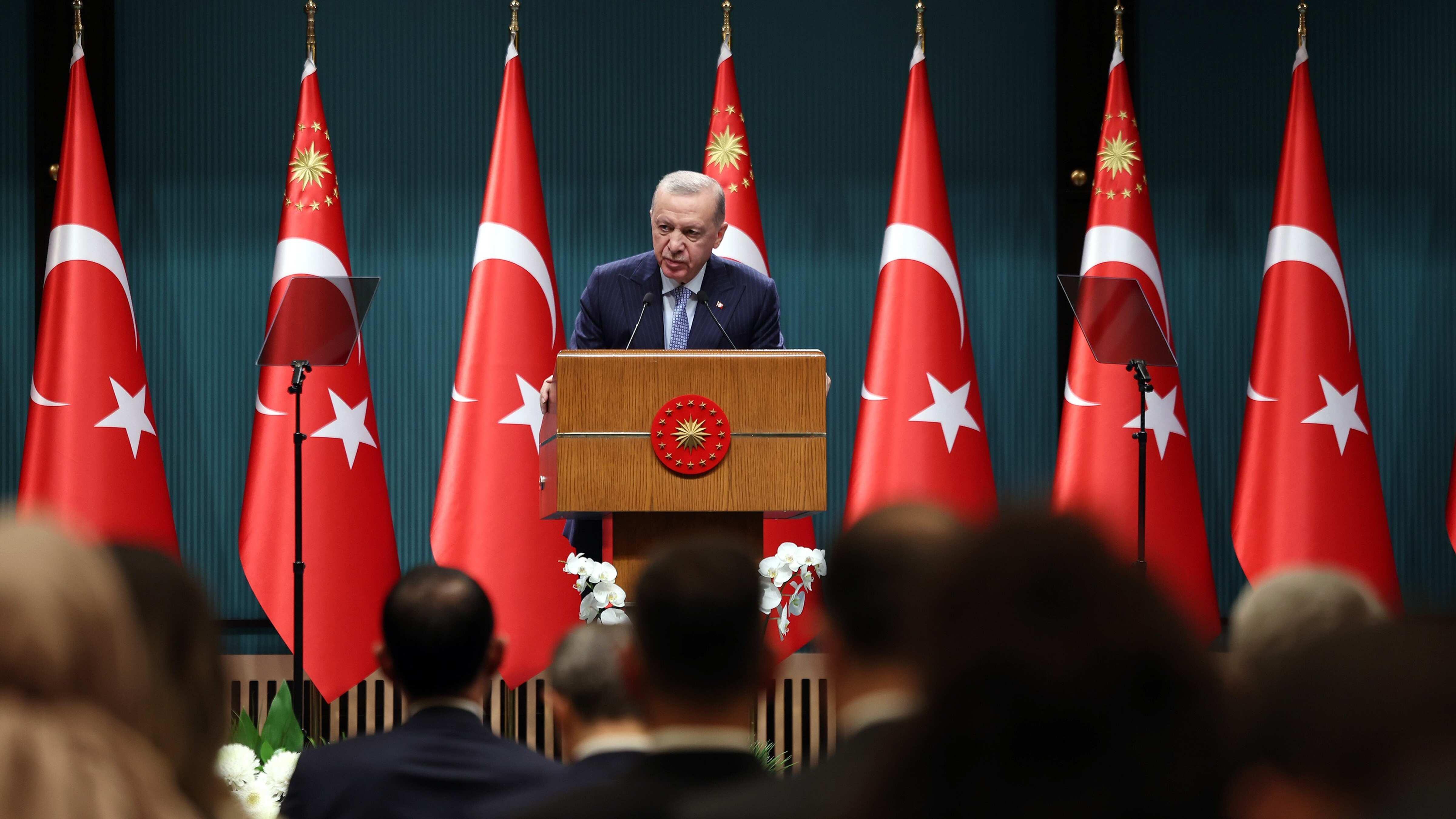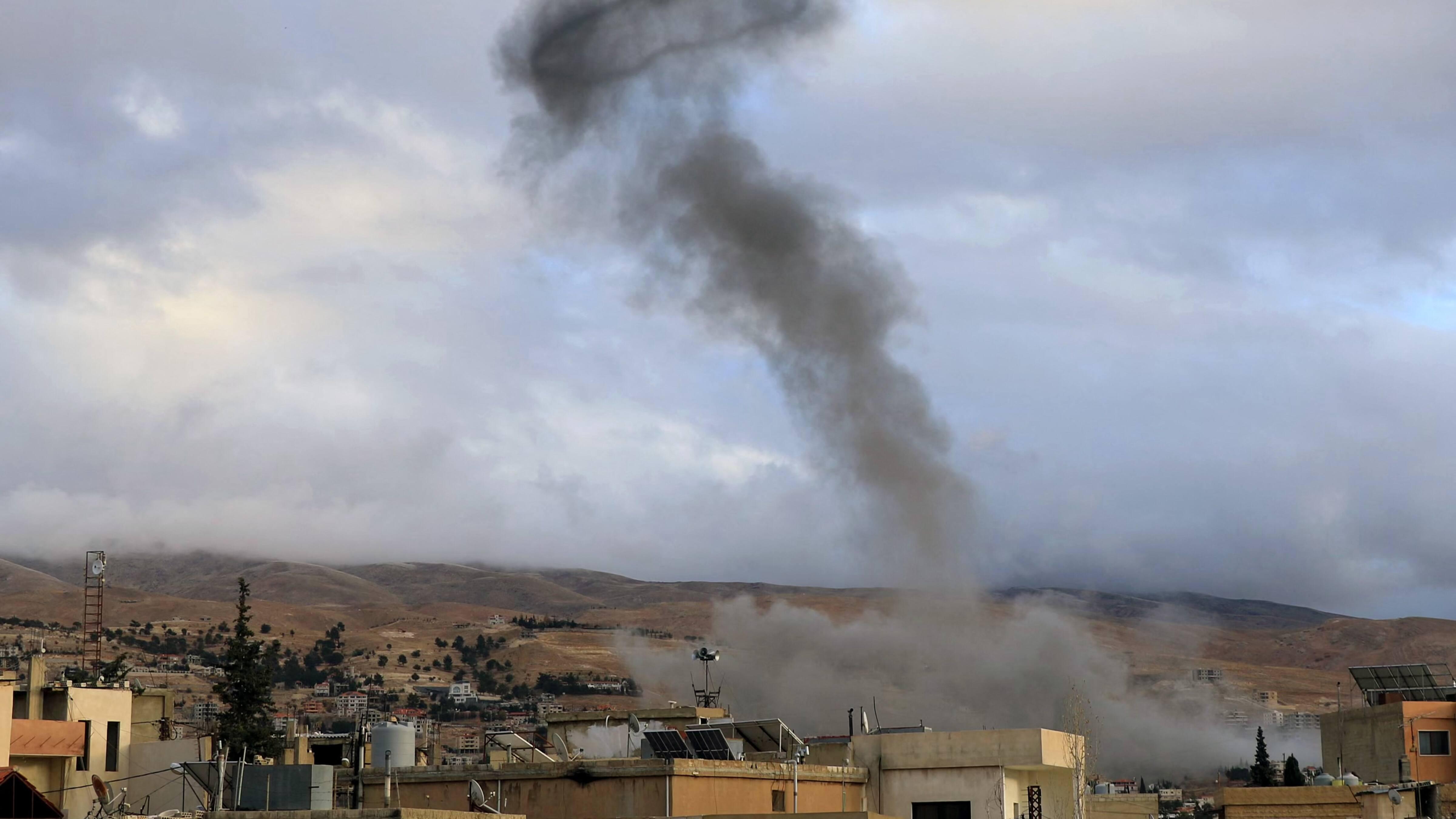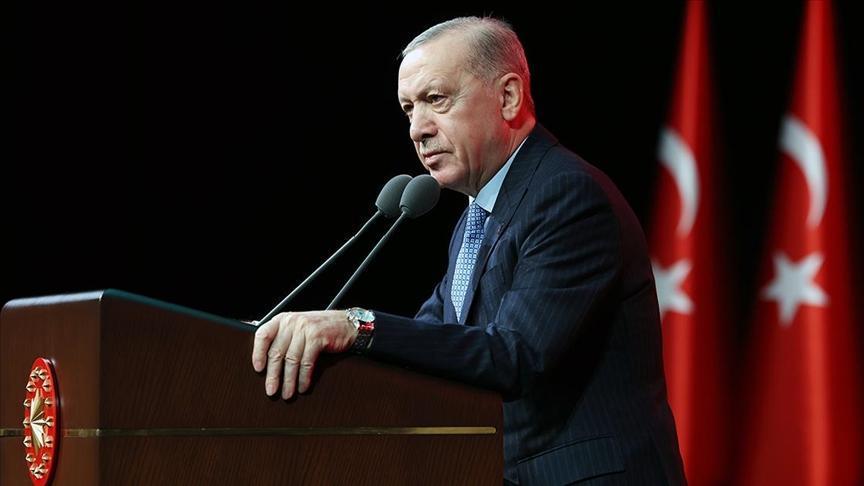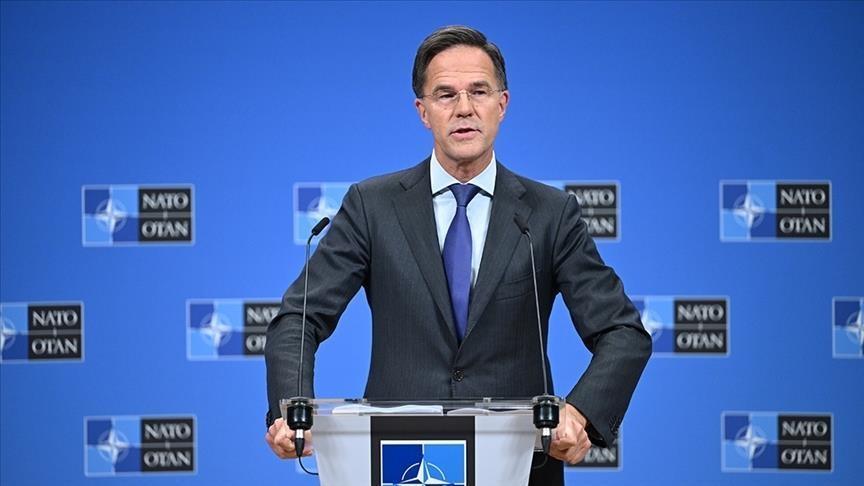A mockery of talks
The Greek Cypriot media is very interesting to read. Often it is full of wrong, prejudiced or just politically tainted articles, but sometimes veteran journalists, retired politicians or academics write articles that remind us of the value of free thought and the courage of sharing such evaluations. In Turkey, unfortunately, free thought, a media which is not censured or at least subjected to self-censorship and intellectuals brave enough to voice ideas contrary to the “established perception” are fast disappearing. Will it become better anytime soon? The prospects indicate just the contrary.
The Cyprus talks are not progressing; indeed they have been regressing for some time. Whatever was agreed over the past years were put under a huge question mark by the Nikos Anastasiades leadership. Why? On the surface it was stressed that as a conservative leader he would not want to walk in the shoes of a failed socialist president even if he would accept 95 percent of the so-called “convergences” document, while giving an image to the gallery that it was he who had made the convergences. That was of course a petty political maneuver by a petty leader as no one can hide forever under such a shaky success story. Still, Anastasiades is after a victory in the Cyprus talks process which would not require him to pay any cost or compromise on any issue at all.
In the Sunday editions of the conservative – indeed rather nationalist – Cyprus Mail, there was an article written by veteran journalist Loucas Charalambous. “The most blatant mockery of negotiations” Charalambous titled his article and explained in detail the hopeless mental capacity of the Greek Cypriot leader and his “blatant mockery” with the talks by proposing the election of the Turkish Cypriot vice-president of the federal Cyprus by both communities and by an absolute majority; that is, the larger Greek Cypriot people would choose who would represent the smaller Turkish Cypriot people in the vice presidency. That is, not only was the rotation of the presidency scrapped by Anastasiades and the vice-presidency was rehashed, he also configured a system in which Turkish Cypriots would be unable to determine their top representative in the federation. That was even far less than Turkish Cypriots had in the 1960 system.
A resolution to the Cyprus problem might be rather easy and quick provided 1) There is political will on both sides; 2) Greek Cypriots abandon the utopia of getting rid of Turkish Cypriots one day and claiming back all their ancestral land and Turkish Cypriots give up their phobia of a repeat of the 1963-1974 sufferings. As regards political will, unfortunately as Charalambous skillfully put it, Anastasiades does not have a settlement vision. His hasty departure from a meeting last week demonstrates the desperate situation the Greek Cypriot people are in… Yelling at his own staff, banging his hand on the table and declaring what he said was important, not what some other people (the former Greek Cypriot leader and the U.N. secretary-general’s special envoy) said or assessed cannot be the style of a sober and clever man wishing to do business.
Naturally, his suggestion that Turkish Cypriots should allow the vice president to be elected by Greek Cypriot votes as well can only be considered a bad joke. Indeed, it’s so bad a joke that it is far worse than the 1963 13-point amendment proposal of Archbishop Makarios that landed all of us in the current mess. I do not believe the Greek Cypriots are eligible at any level to question the existence of the political will in northern Cyprus. Turkish Cypriots demonstrated in 2004 their commitment to a compromise and indeed painful settlement plan negotiated by the United Nations. The current Turkish Cypriot leader was in the “no” camp at the time; on the very same night he was elected four years ago as president, he wrote a letter to the U.N. secretary-general and declared his willingness to continue talks from wherever his predecessor had left off. What was the attitude of Anastasiades after he was elected? He dragged his feet for nine months and only agreed to return to talks under immense American and British pressure. He returned to the talks, but did anything change? Not at all; he continues dragging his feet while trying to smile to the world as a leader having peace talks with Turkish Cypriots.
Hypocrisy is at work, but anyhow, that has become an art Greek Cypriot leaders have mastered well over the past half-century.











